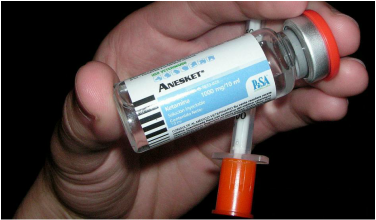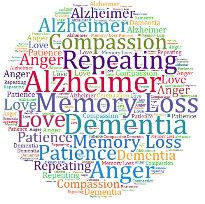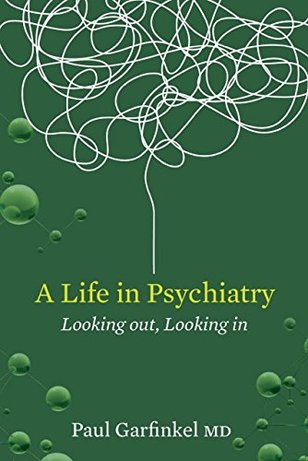Dr. Goldie mentions three main factors that accounts for the elevated risk. First, people with mental health disorders often exhibit behavioural risk factors, including tobacco and alcohol use, poor diet and physical inactivity. Second, psychiatric medications can induce weight gain and impair the breakdown of fats and sugars by the body. This can lead to obesity, high cholesterol and diabetes. A third issue is access to health care. Patients with mental health disorders may have difficulty communicating their health needs.
Read more here: http://esciencenews.com/articles/2014/10/31/people.with.mental.health.disorders.twice.likely.have.heart.disease.or.stroke









 RSS Feed
RSS Feed
